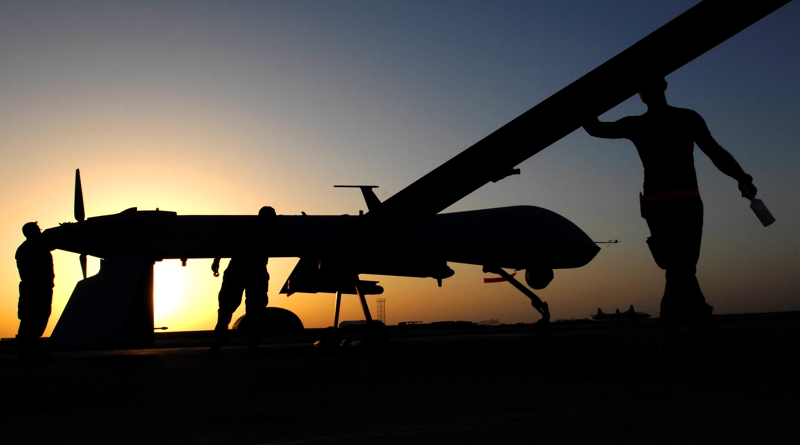Perspectives on the American Way of War: The U.S. Experience in Irregular Conflict
By Dr. Thomas A. Marks
Strategically, adaptation to insurgent challenges invariably proves difficult. Not only must the precise nature of the threat be discerned, but adaptation must occur even as the conflict develops. Too often, focus is upon immediate, tactical quick fixes rather than reform realized through correct strategy and operational art.
Counterinsurgency in Modern Warfare 1
Significantly, the passage above, which spoke to Colombia’s successful effort (treated in the last issue of Counterterrorism), went on to observe that there were two salient features of the case.
First, whatever the particulars of the insurgent threat, which in this instance was the criminally enabled Revolutionary Armed Forces of Colombia or FARC, the parameters of meeting an insurgency built upon terrorism remained “classic” in their essence. Correct implementation by Bogotá, therefore, resulted in success as defined by the goals laid out for the project.
Second, though the strategy and its implementation, especially in its operational art, were Colombian, the Americans played a consistent and important role. All the more puzzling, therefore, was Washington’s “partial success” experienced in Iraq and Afghanistan.
Left unsaid was the obvious point: how could the United States demonstrate such a schizophrenic understanding of irregular warfare?
Therein lies the heart of where we stand in early 2020 when we examine the U.S. Experience in Irregular Conflict. It is a...

